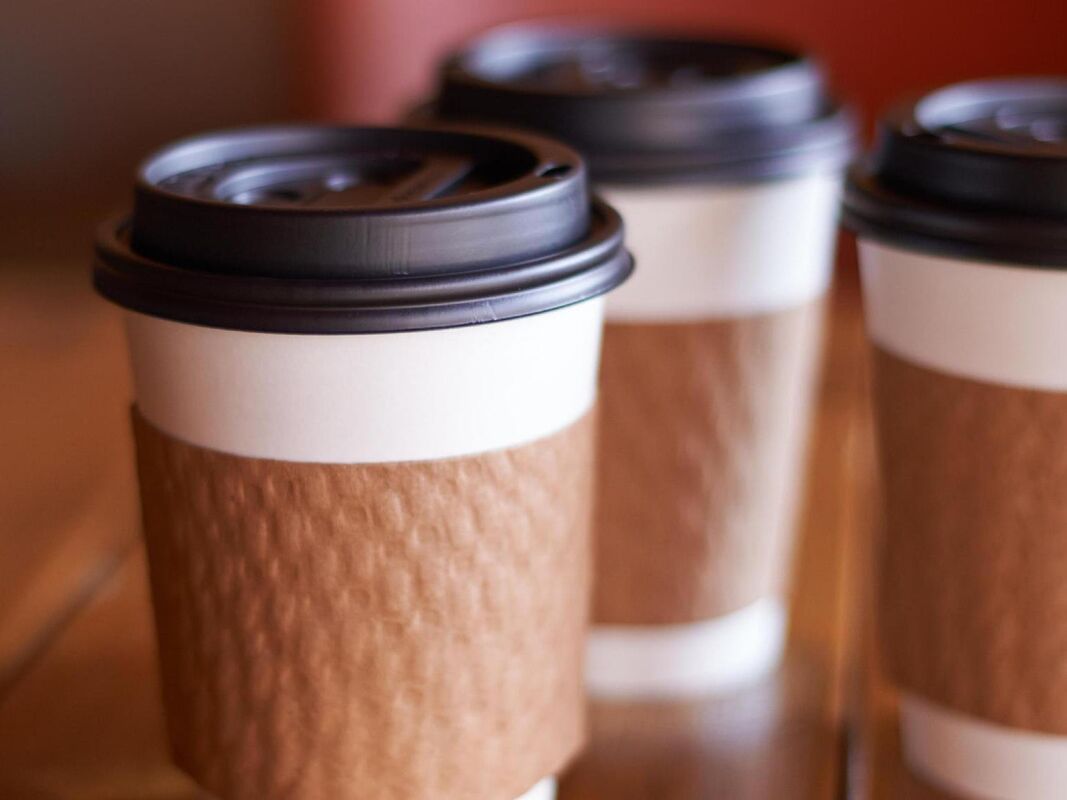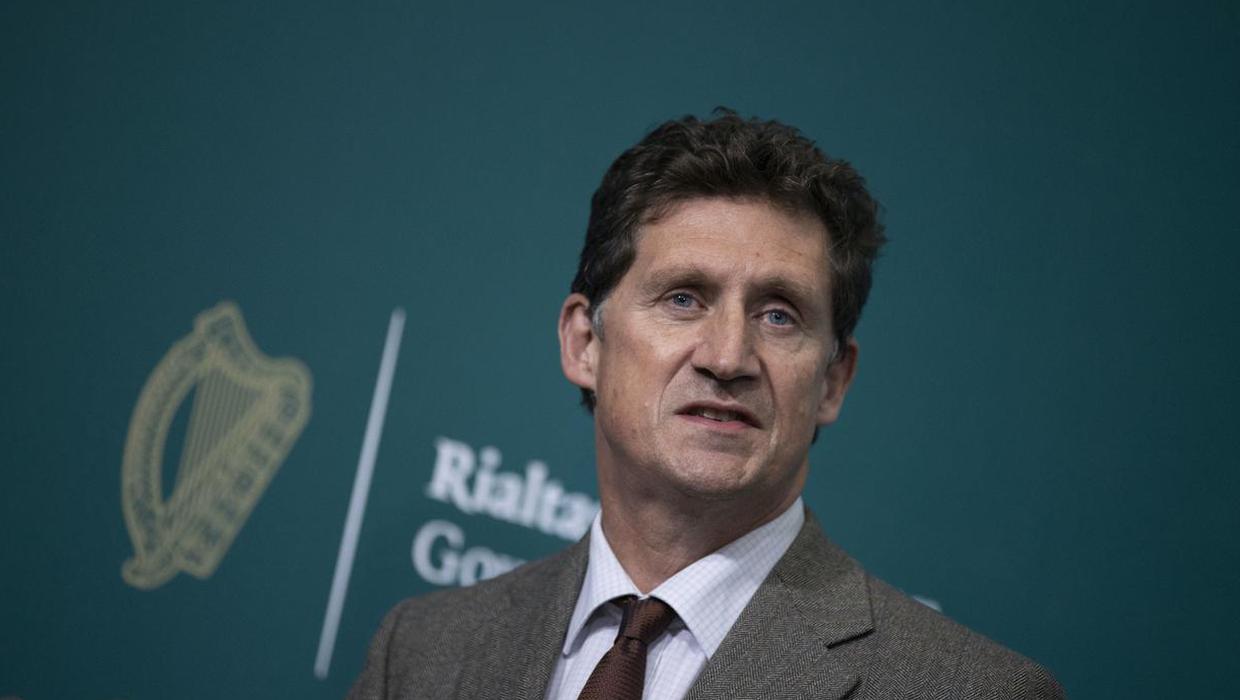Government is set to introduce a 20c levy on disposal cups to cut the amount of waste which is produced through the sale of hot beverages.
The 20c charge will apply to each drink being sold under the new Circular Economy Bill.
The Bill has been agreed by cabinet and aims to minimise waste and to keep products in use for as long as possible, through design, repair and reuse.
An estimated 200 million cups are dumped nationwide each year and the levy is seen as the first step in making Ireland the first country in world to eliminate the use of disposal cups.
Minister of State for the Circular Economy Ossain Smyth said Government needs to get approval from the European Union before the so-called “latte levy” can be introduced but he expects the charges will apply by the end of the year.
“So, there’ll be plenty of time during the summer to get used to using a keep cup,” he told RTÉ’s Morning Ireland programme.
“It’s very similar to the plastic bag levy. So, people will remember when that came in we were using a giant amount of plastic bags and after the levy came in the reduction was 95pc in the use of plastic bags.
“I’m hoping not to collect money from this levy. I am hoping that there will be such a reduction that in fact most people will switch over.”
Minister Smyth admitted that the use of reusable cups was damaged by the pandemic, but he said he has been assured by public health experts that the use of keep cups is safe because Covid-19 is primarily an airborne virus.
The Circular Economy Bill also paves the way for the long-awaited use off CCTV to prosecute illegal dumpers.
“Now a local authority will have the power to put in CCTV in a specific place, for a specific purpose – it’s going to be very limited because I don’t want mass surveillance coming out of this,” Minister Smyth said.
“So, they will be allowed to collect information, for example a car registration number, of somebody who is either dumping from profit, which people do, or else just littering and will be able to send them a fine.
“There are litter blackspots, we won’t be able to 100pc eliminate it and at the moment even in places where we know that regular dumping goes on, it’s been very difficult to use CCTV for evidence. So, I think this is absolutely needed.”
The Bill also targets the use of other single use products and will require businesses to segregate their waste for the first time.
Most recent
14 Feb 2023
Turn Red Hearts Green this Valentine’s Day
3 Feb 2023


